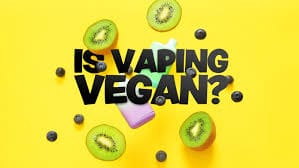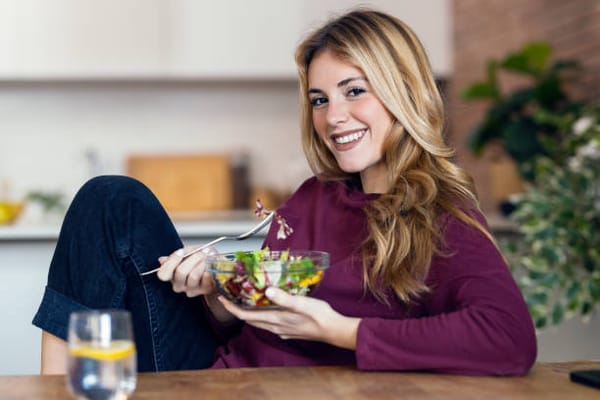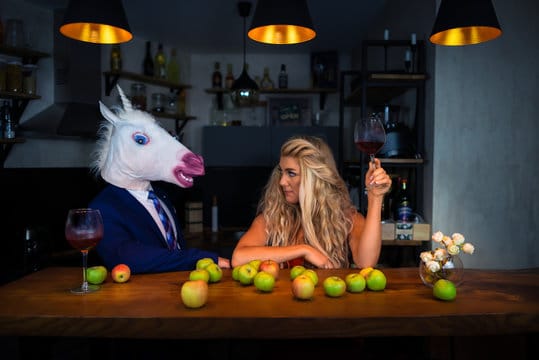The Question That Made Me Freeze Mid-Bite

Picture this: it’s a Tuesday afternoon, sunlight pooling lazily across the kitchen floor. I’m sitting at the table with my daughter, who’s happily munching on a peanut butter sandwich. I’ve got a spoonful of hummus halfway to my mouth when she tilts her head and asks:
“Mama, why don’t we eat animals?”
Cue the freeze-frame. My brain hit pause.
It wasn’t that I didn’t expect the question—I did. We’ve been a plant-based family for almost two years now. But nothing prepares you for the moment your five-year-old looks at you, eyes wide with curiosity, asking you to explain your values in terms they can actually understand.
The Question That Changed Everything
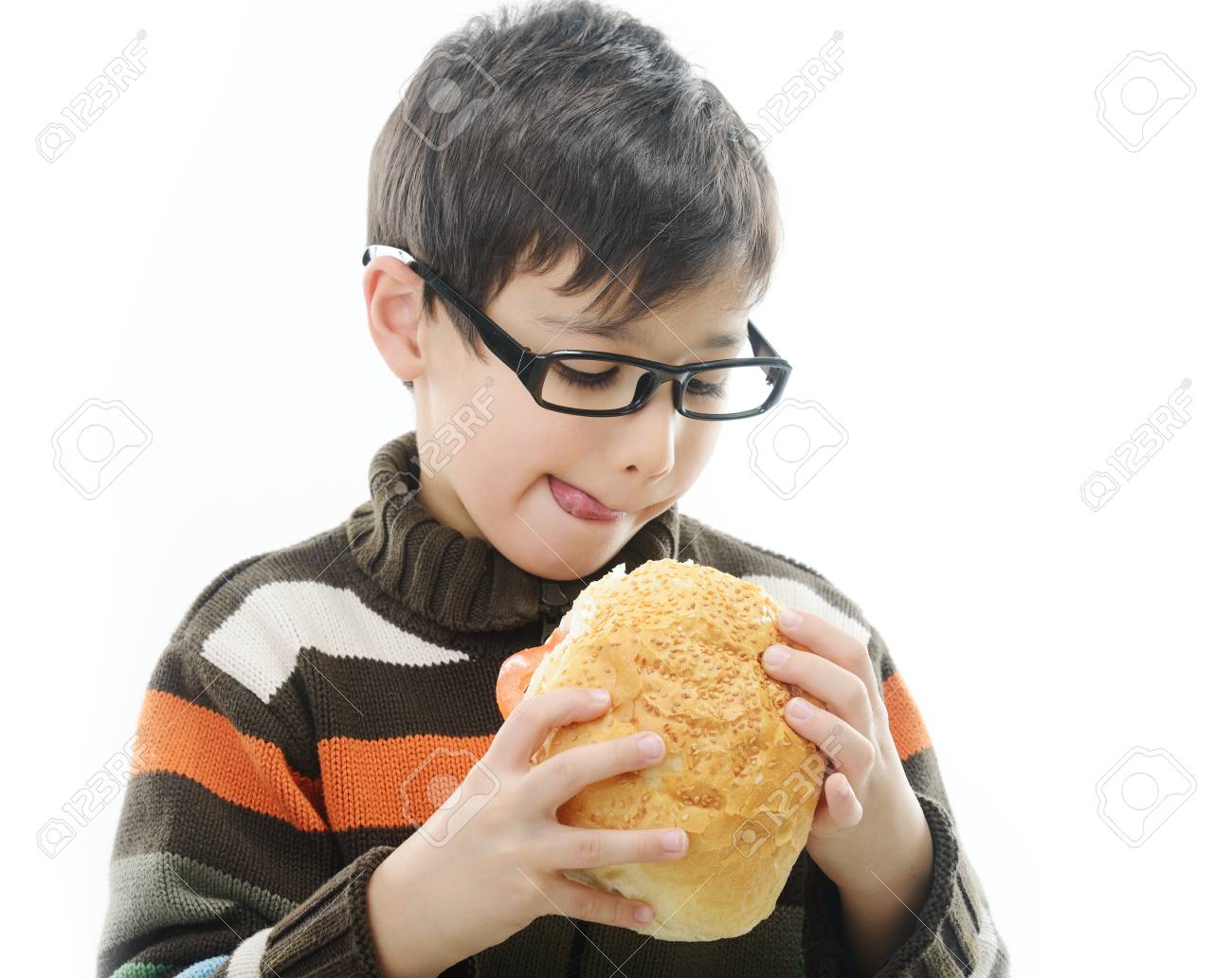
Kids have this uncanny ability to pierce straight through the fog of adult logic. They don’t ask about protein macros or sustainability indexes. They just want to know the why—the heart of the matter.
So I did what most parents do when ambushed by a Big Question. I stalled.
“We… don’t eat animals because… we believe they’re our friends,” I said slowly, watching her face for any flicker of confusion.
Her brow wrinkled. “But Tommy eats chicken nuggets at school. And he says they’re yummy.”
There it was. My daughter had unknowingly launched me into the parenting equivalent of a TED Talk—unscripted, unrehearsed, and very, very high stakes.
Making Big Ideas Kid-Sized
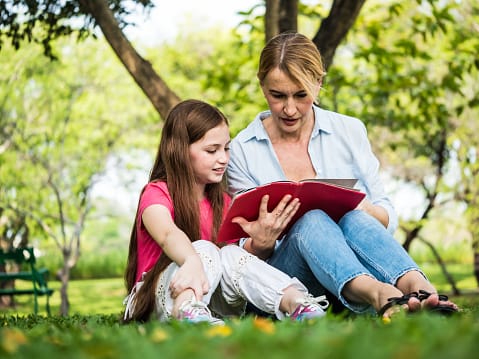
Here’s the thing about trying to explain ethics to a five-year-old: you have to keep it incredibly simple, but incredibly real. You can’t rely on statistics. You have to rely on stories.
So I started with what she already knew—our dog Max.
“You know how Max gets excited when you come home? And how he loves belly rubs and peanut butter treats?”
She nodded, peanut butter sandwich still clutched in hand.
“Well, cows and pigs and chickens have feelings too. They like to be with their families. They get scared and happy just like Max.”
Her eyes widened. “Even pigs?”
“Even pigs.”
That was the moment I saw it click. Not as a fact, but as a feeling. That’s where kids live—in the emotional truth of a situation.
The Questions That Kept Coming

One question turned into many.
In the weeks that followed, every mealtime became a discussion space. Our kitchen echoed with questions like:
- “What do animals eat?”
- “Do chickens get sad?”
- “Why do some people eat them, then?”
- “Where do we get our muscles from?”
And my favorite:
“Can beans make me strong like Wonder Woman?”
It wasn’t just about food anymore. It was about ethics. Empathy. Understanding that our actions mean something.
And as it turned out, she wasn’t just listening—she was absorbing, processing, and reflecting it right back at the world.
The Social Minefield: AKA, School Lunches
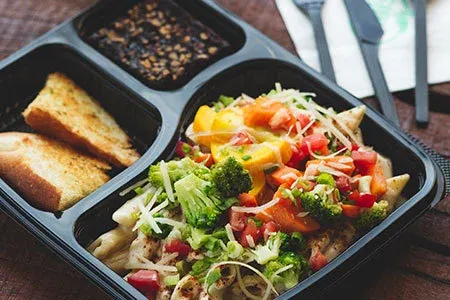
Then came the tricky part. How do you prepare a child to be “different” at school?
We talked about how every family is different. Some families speak different languages. Some celebrate different holidays. And yes—some eat different foods.
What helped most was giving her her own script—language that made her feel proud, not isolated.
Now when someone asks why she doesn’t eat meat, she smiles and says:
“Because we want to be kind to animals!”
No shame. No judgment. Just pure, five-year-old confidence. And let me tell you—she wears it like a cape.
The Beautiful Ripple Effect
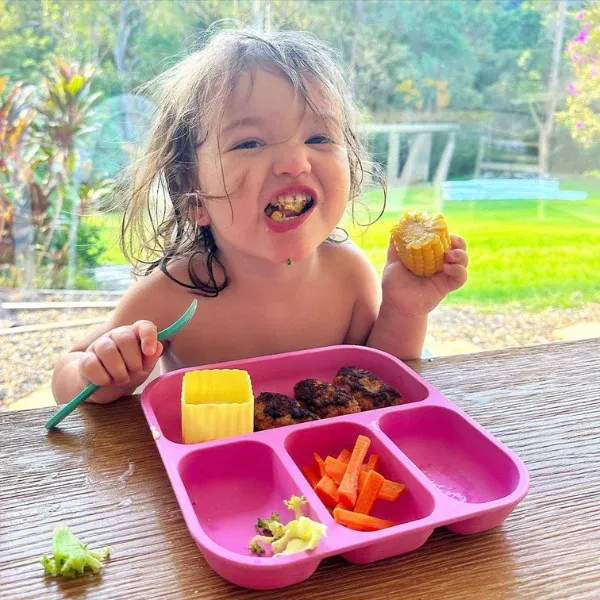
I didn’t expect the benefits to spill over into the rest of our life.
She became obsessed with learning what foods do for her body.
“Carrots help my eyes, right?”
“Chickpeas are strong food!”
She turned into our little kitchen assistant, chopping soft veggies with a kid-safe knife, arranging plates like edible rainbows.
Our meals became quality time. And more importantly, our food became shared intention, not just habit.
Even her confidence blossomed. She’s bolder now, not just about food, but about standing up for her ideas and values—even when they’re different.
When Your Kid Starts Teaching You
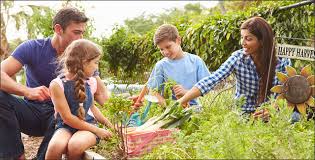
One day at the park, I overheard her talking to a friend.
“My family doesn’t eat animals because they’re our friends. But your family helps animals too, right? Like your chickens?”
The other child nodded proudly.
And that was it. No conflict. Just kindness meeting kindness.
I realized something huge that day: Our kids aren’t born judgmental. They just want to understand. When we model compassion and open-mindedness, they mirror it right back.
Looking Ahead: What’s Still to Come
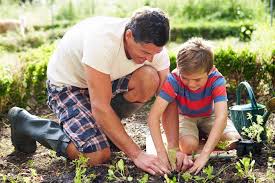
As she gets older, I know the questions will get bigger.
She might want to talk about climate change, deforestation, or factory farming. She might challenge me. She might even make choices that differ from ours.
And that’s okay. Because what we’re building here isn’t about rigid rules—it’s about values.
We’re teaching her to think for herself. To ask questions. To act from empathy. To understand that every bite we take can be an act of love or indifference.
That’s the kind of foundation that lasts a lifetime.
For Other Parents Facing Big Questions
If your child ever hits you with a Big One—“Why don’t we eat animals?” or “Why do we do this, but they don’t?”—here’s what I’ve learned:
- Pause, breathe, and respond with honesty. You don’t have to have a PhD in ethics. You just need to be real.
- Start with what they know. Animals they love, values they already express (like kindness or sharing).
- Give them confident, simple language. Help them feel empowered by your values, not weird or excluded.
- Normalize diversity. Every family has different traditions. That’s okay.
- Be open to their questions. They’re not trying to challenge you—they’re trying to understand the world.
The Snack Table is a Sacred Place
I used to think “big talks” needed big moments. Formal sit-downs. PowerPoint presentations.
But as it turns out, the most profound conversations happen at snack time. Over fruit skewers and peanut butter sandwiches.
That one question—“Why don’t we eat animals, Mama?”—opened the door to a deeper understanding of who we are, what we value, and how we want to live.
And for that, I’m deeply grateful.
Not just because I got to share something important with my daughter.
But because she reminded me why we made this choice in the first place.
Because compassion matters. Because authenticity matters.
Because raising a kind, thoughtful human is the most important job I’ll ever have.
Got a moment that made you freeze mid-bite?
What tough questions have your kids asked that caught you off guard and made you rethink everything?
Share your story in the comments—I’d love to hear how you're navigating these moments, one meal at a time.


